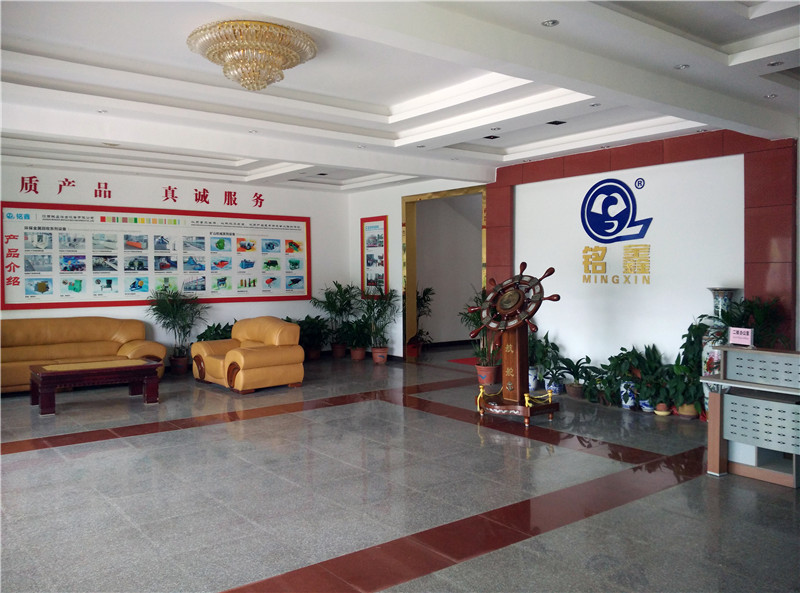With the rapid development of technology, lithium-ion batteries have become an indispensable part of our daily lives, from smartphones to electric cars, they provide a powerful power support for modern life. However, with the increase in use, the safety of lithium-ion batteries is also increasingly concerned. This article will explore the safety challenges of lithium-ion batteries and look at their future development. First of all, the safety challenges of lithium-ion batteries are mainly reflected in the following aspects:
1. Risk of thermal runaway: lithium ion batteries in the case of overcharge, overdischarge or internal short circuit, may occur thermal runaway, resulting in a sharp rise in battery temperature, and even cause fire or explosion. This risk is particularly acute at high temperatures.
2. Material aging: With the growth of use time, the electrolyte and electrode materials inside the battery may age, affecting the performance and safety of the battery.
3. Manufacturing defects: there may be defects in the manufacturing process of the battery, such as uneven electrodes, diaphragm damage, etc., which may cause safety problems during the use of the battery. In order to meet these challenges, the future development direction of lithium-ion batteries can be started from the following aspects:
1. Improve the intelligence level of the battery management system (BMS) : Through advanced algorithms and sensor technology, the BMS can more accurately monitor the status of the battery, and timely identify and deal with potential safety risks.
2. Development of new materials: research and development of new electrode materials and electrolytes to improve the thermal stability and cycle life of batteries and reduce safety risks.
3. Strengthen battery packaging technology: By improving the packaging design of the battery, the mechanical strength and sealing performance of the battery can be improved, and the safety problems caused by external impact or penetration can be reduced.
4. Promote safety education and standardized use: strengthen the safety education of users, improve their understanding of the safe use of lithium-ion batteries, and develop and implement strict battery use specifications to reduce safety accidents caused by human factors.
In short, although lithium-ion batteries face challenges in terms of safety, through continuous technological innovation and standardized management, we have reason to believe that lithium-ion batteries will continue to bring more convenience and power to our lives. In the future, with the application of new materials and new technologies, the safety of lithium-ion batteries will be further improved and make greater contributions to achieving sustainable development.











